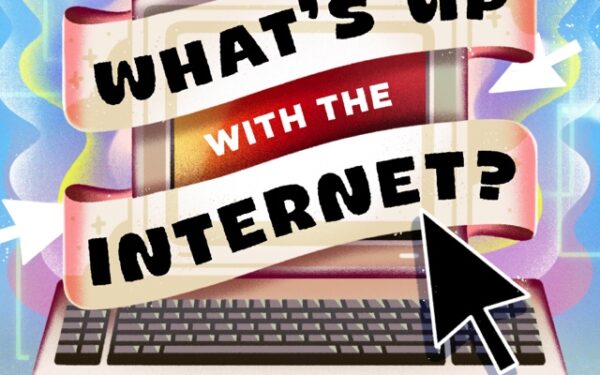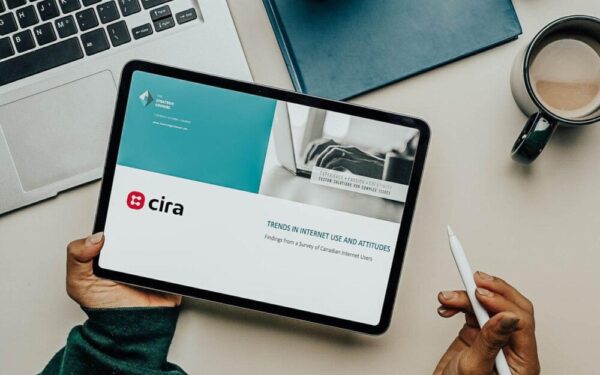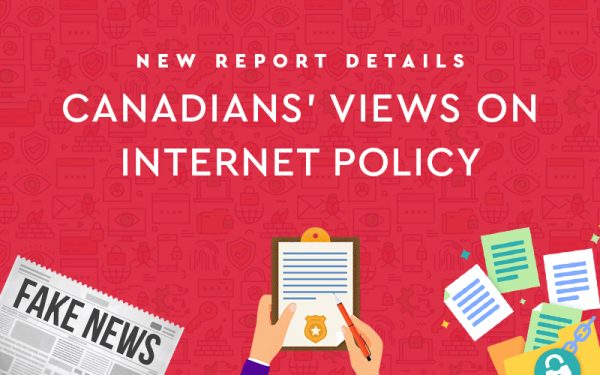
Table of contents
The internet lacks a trust layer
The internet, as a whole, lacks trust. When the internet was developed, trust and security were an after-thought. The internet stack and Open Systems Interconnection (OSI) model—that span all networks across the globe and enable interoperability—clearly lack a layer dedicated to trust. Today, while we can build individual systems that have reasonably good security, we lack a shared framework and set of tools to ensure trustworthy systems exist across all aspects of the internet.
We see small examples of highly trusted systems on the internet today, but they’re the exception to the rule. Where these systems exist, they often sacrifice technical interoperability to promote trust and security, leaving users to choose between a series of walled gardens.
Instead, by harnessing, and creating new, standards for both technical and human trust, we can create an interoperable, deeply trustworthy internet to carry us into the next phases of its use.
Our 2023 report, A trust layer for the internet is emerging, digs into the emerging trust layer and how various stakeholders around the world can re-establish trust on the internet.
Executive summary
Users are rapidly losing trust in the internet. In an era where fakes, frauds and forgeries dominate, the percentage of Canadians who trust the internet has dropped from 71 per cent to 57 per cent, with a similar decrease seen across the globe (from 74 per cent to 63 per cent).
A recent study from Deloitte shows that businesses are more at risk of being impacted by this change. Highly trusted companies outperform their peers by five per cent, while those that experience trust-related incidents see a 20 to 56 per cent decrease in market capitalization.
It’s clear that individuals and companies alike cannot build trust at scale on top of an eroding system. In a world where more sensitive interactions take place online than ever before, trust must be prioritized.
In this report, CIRA and Continuum Loop identify that pairing technical trust (e.g., encryption and signing) and human trust (e.g., governance) enables a trust layer to emerge, allowing the internet community to create trustworthy digital ecosystems and rebuild trust in the internet as a whole. Further, they explore how trust registries help build trust between humans and technology via the systems of records used to help support these digital ecosystems. We’ll also explore the concept of registry of registries (RoR) and how it creates the web of connections required to build an interoperable trust layer for the internet.
Key findings
Decision making
As the internet evolved, key trust-related decisions were made, delayed, or ignored. These decisions—and the lack thereof—mean that the internet is missing key capabilities that help establish trust. This is especially critical as sensitive interactions become digitized further.
Decentralized ecosystems
Trust registries are a clear requirement for any digital ecosystem, particularly those that are decentralized. Trust registries provide the authoritative information needed to anchor the trust layer by exposing governance in their ecosystem.
Trust registries
Each ecosystem we operate within has unique characteristics and attributes. While there may be overlap across ecosystems in an ad hoc manner, each has their own discrete set of players and governance. Trust registries are one tool that anchors ecosystems in a neutral, trusted, interoperable manner by representing and serving the governance roles and activities in an ecosystem.
The challenge
Systems that maintain the information required to establish trust have existed for decades (e.g., corporate registries, professional certification bodies, governments, etc.). The challenge lies not in creating new sources of information, but in accessing the existing systems.
A critical role
The role of trust registries is more apparent than ever – and they create a virtuous circle. Trusted interactions drive value up, and trust registries drive costs down.







